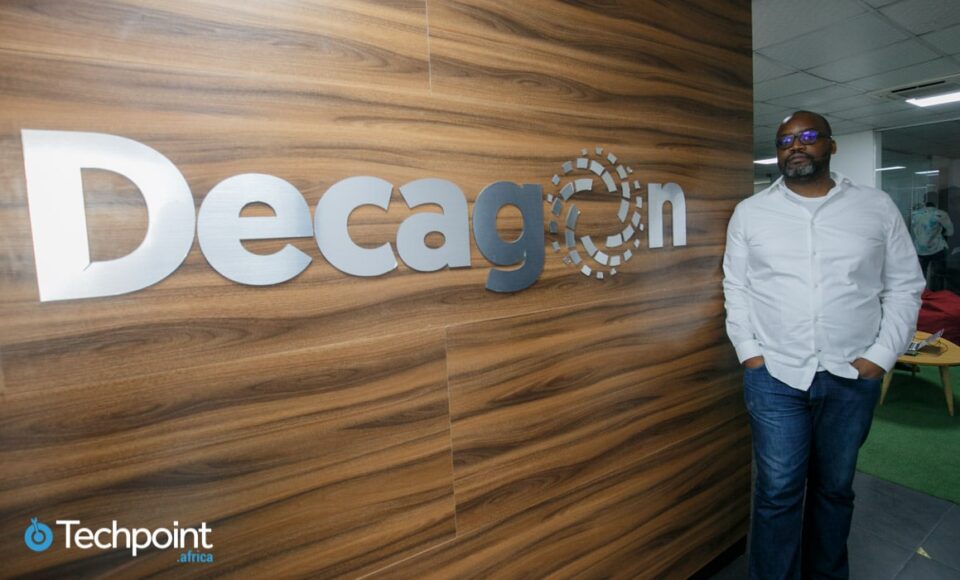Decagon, a Nigerian tech training institute, is shifting its focus away from tech education, according to sources familiar with the matter. The company, which previously specialised in software engineering training, will now concentrate on assisting learners in gaining admission to master’s programmes abroad.
Founded by Chika Nwobi in 2018, Decagon launched its first cohort in 2019. Individuals who passed its entrance tests underwent an intensive six-month programme, culminating in job placements.
Unlike many of its competitors, Decagon ran a paid programme. However, learners who couldn’t afford the cost of training could access loans through partners such as Sterling Bank and the Central Bank of Nigeria.
These loans ultimately proved to be burdensome. Learners who paid out of pocket typically spent around $4,000 to join the programme, while those who took out loans could end up paying as much as $6,000.
According to sources, despite securing jobs after graduation, many graduates did not repay their loans, contrary to the 100% repayment rate Decagon had cited when it raised a seed round in 2021; some even refused to return the laptops provided by the institute.
As a result, Decagon often had to intervene, covering the loan repayments to maintain a positive credit standing with its financial partners.
In addition to the challenges with loan defaults, Nigeria’s macroeconomic conditions exacerbated Decagon’s difficulties. In response to rising inflation, the CBN increased benchmark lending rates throughout 2023 and 2024. This led to higher loan repayments for existing learners and discouraged prospective students from enrolling due to the looming burden of future debt.
In a bid to reduce loan defaults, Decagon experimented with different programme models. One such model was a hybrid programme, which offered a more affordable alternative to its on-site courses while requiring a similar time commitment.
For example, a full-stack software engineering course under the hybrid model costs ₦550,000, with learners committing at least ten hours a day. However, sources report that many learners were reluctant to choose this more affordable option, preferring the more expensive on-site courses.
This pivot comes as tech training institutes in Nigeria have begun rethinking their business models. Andela, for instance, shifted its focus from training entry-level developers to placing senior developers in jobs as demand for entry-level hires waned.
Meanwhile, AltSchool has taken a completely different approach, charging prospective learners a $20 application fee with monthly payments of $30 or an upfront fee of $290, but no longer promising job placements for successful graduates.
